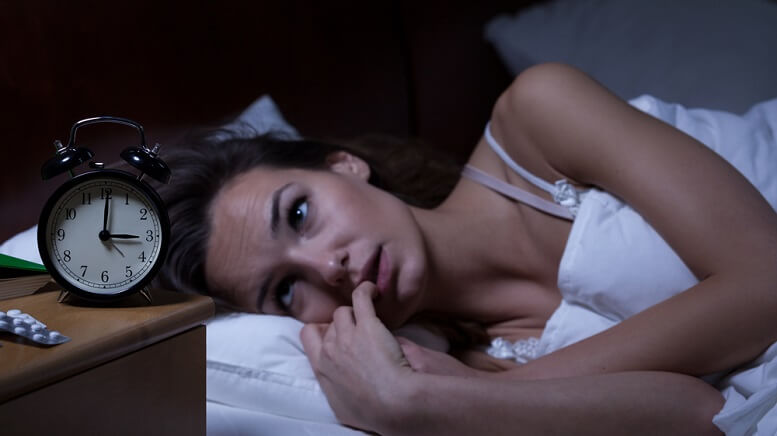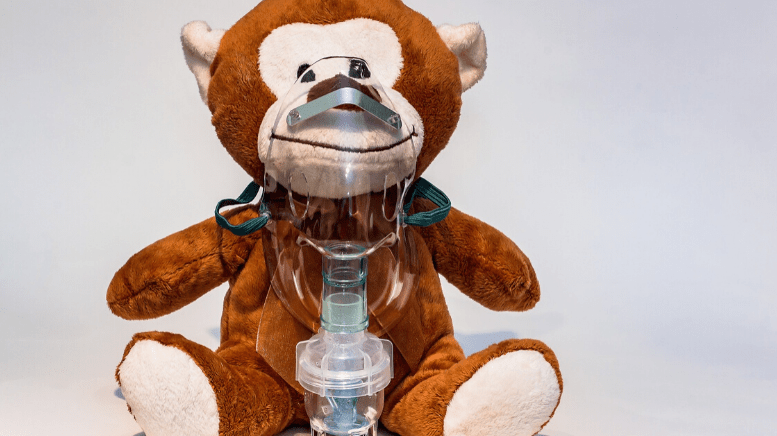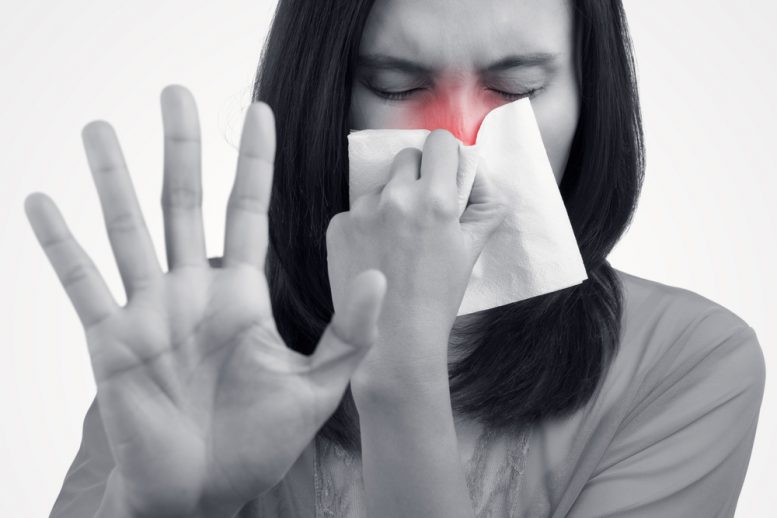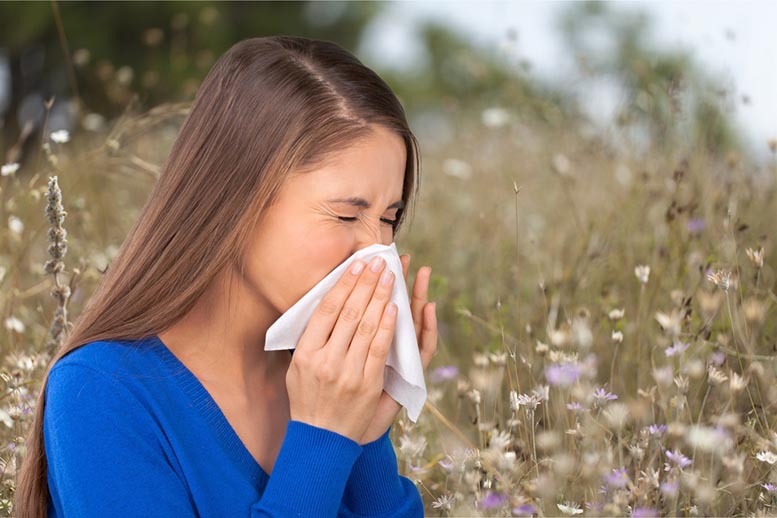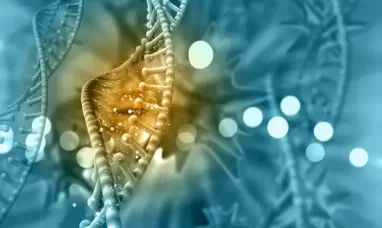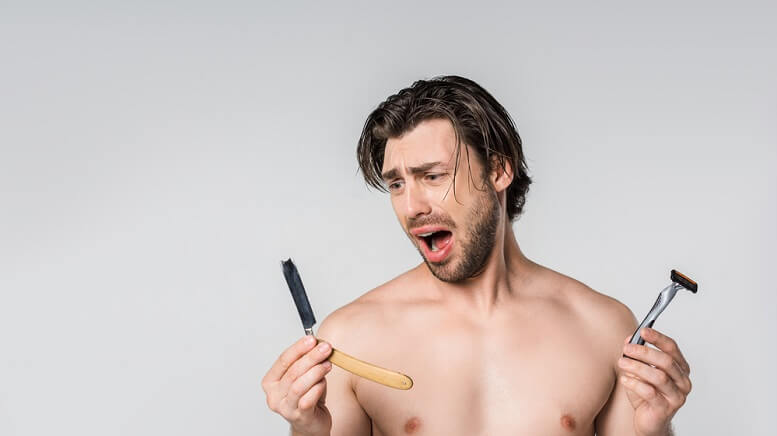Getting enough sleep every night is incredibly important to your health and wellbeing. Sleep helps your brain and your body function properly, and a good night’s rest can improve your memory, learning, decision-making, and creativity.
On top of that, proper sleep is linked to a lower risk of diabetes, heart disease, stroke, and obesity.
Despite the obvious benefits, quality sleep is at an all-time low, and more and more individuals are suffering from a lack of sleep. In fact, 25% of the population experience acute insomnia.
Good sleep begins with good sleep habits; however, for some people, this isn’t enough. With that in mind, here are a few natural sleep aids for insomnia that can help you get the rest you need.
- Melatonin
Melatonin is a hormone that our bodies naturally produce and signals our brain that it’s time for us to sleep. This hormone’s production cycle allows melatonin levels to rise at night and fall in the morning; however, jet lag and shifting sleep schedules can alter its natural cycle.
This makes melatonin supplements a popular, natural option that can help regulate a disrupted melatonin sleep cycle.
Not only can melatonin supplements regulate the sleep schedule, but it can also improve overall sleep quality in those suffering from sleep disorders like insomnia.
Melatonin is one of the natural sleep aids for insomnia that is quite safe to use for the short term, although long-term safety hasn’t been examined in detail.
- Valerian Root
Another one of the most common natural sleep aids for insomnia is valerian root, a herb found in Europe and Asia. It’s also commonly used as a natural treatment for symptoms of depression, anxiety, and menopause.
Valerian root taken before bedtime may improve a person’s ability to fall asleep and stay asleep longer. However, few studies have been conducted to prove this.
- Magnesium
Magnesium is a mineral that’s involved in hundreds of processes in the body and is a very important part of heart health and brain function. Studies have shown that magnesium’s relaxing effect may be partly due to its ability to regulate the production of melatonin, a hormone that guides your body’s sleep-wake cycle.
Magnesium can also increase the brain’s levels of gamma-aminobutyric acid (GABA), a brain messenger with calming effects. If you consider these factors, it makes sense why magnesium is one of the natural sleep aids for insomnia.
- Lavender
Lavender is a purple flower that grows all around the world. It can be dried and used for a variety of things, including enhancing sleep.
In fact, there have been several studies done to show that even just smelling lavender oil for 30 minutes or so before bed can improve a person’s sleep quality. It is one of the common sleep aids for insomnia and is particularly helpful for young people and women.
Although lavender aromatherapy is completely safe, ingesting this flower is not recommended and can cause stomach pains and nausea.
- Glycine
Glycine is an amino acid that plays an essential role in the proper functioning of our nervous system. Recent studies have shown that glycine may also improve sleep.
Although the exact reason why glycine is a sleep aid for insomnia is unknown, experts do believe it lowers body temperature, signaling the body that it is time for sleep.
In one study, subjects suffering from poor sleep who consumed three grams of glycine immediately before bedtime reported a reduction in fatigue the next day, as well as increased liveliness and clearheadedness. It also helped participants fall asleep faster.
Glycine can be taken as a supplement in pill or powder form. This amino acid can also be found in certain foods, including bone broth, eggs, poultry, fish, beans, spinach, kale, cabbage, bananas, and kiwis.
Conclusion
There are several natural sleep aids for insomnia that may provide a better night’s rest, all of which can be easily obtained from your local pharmacy or grocery store.
Of course, it is important to combine these methods with good sleep practices and habits, as well as healthy lifestyle choices like diet and regular exercise. If you find that none of these natural sleep aids for insomnia are effective, contact your doctor for next steps.
Original source: https://www.healthline.com/nutrition/sleep-aids#section7
Featured image: DepositPhotos – photographee.eu



